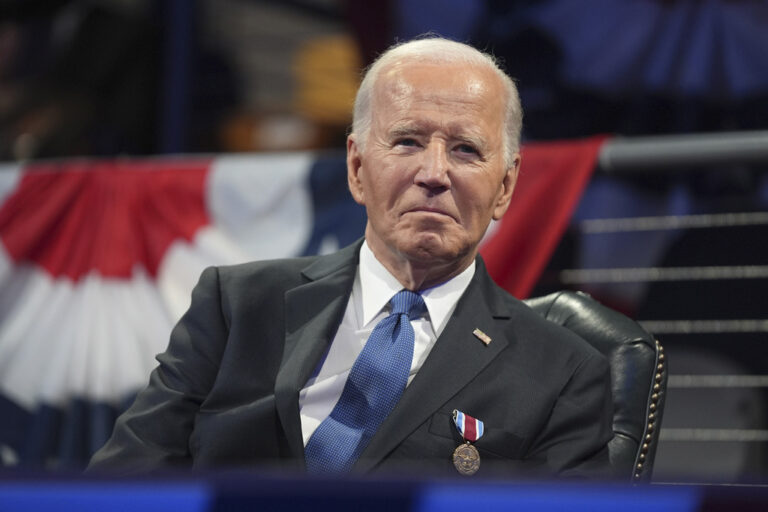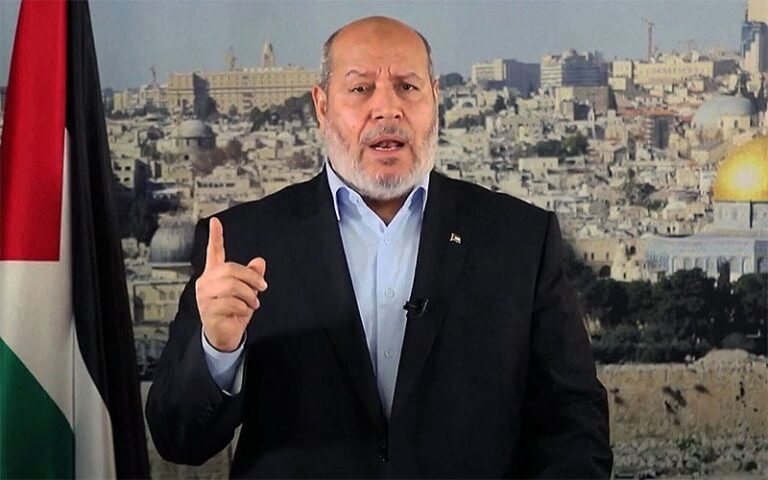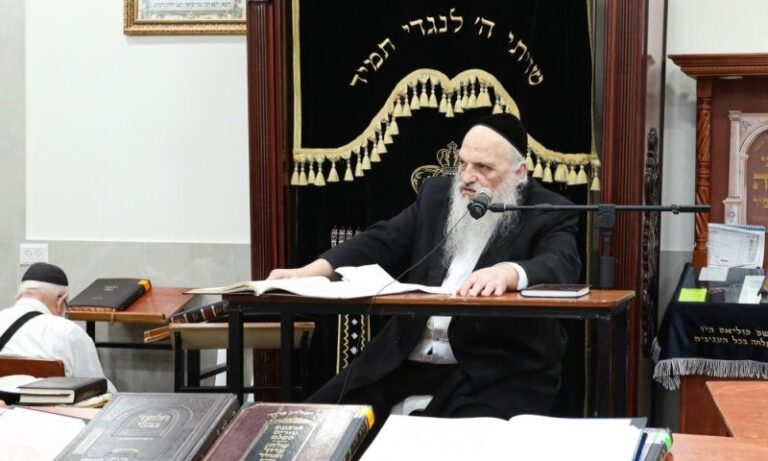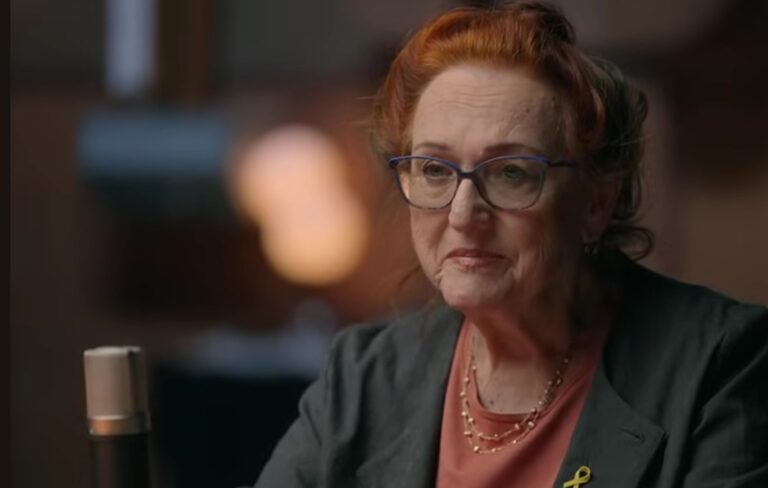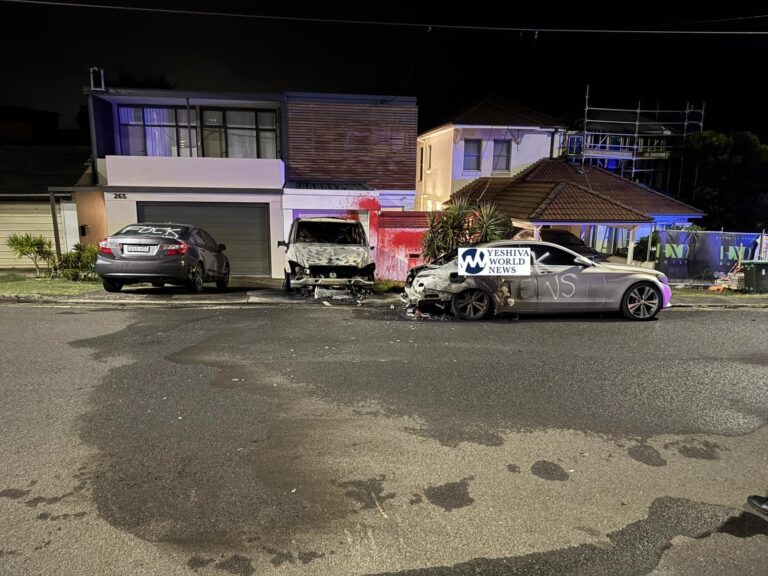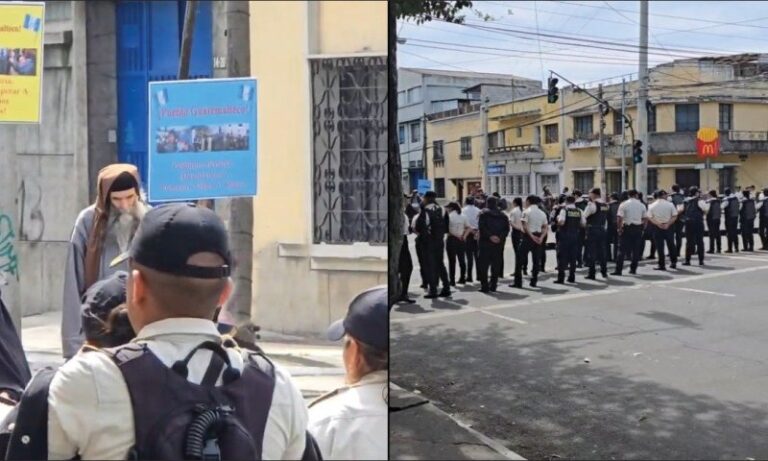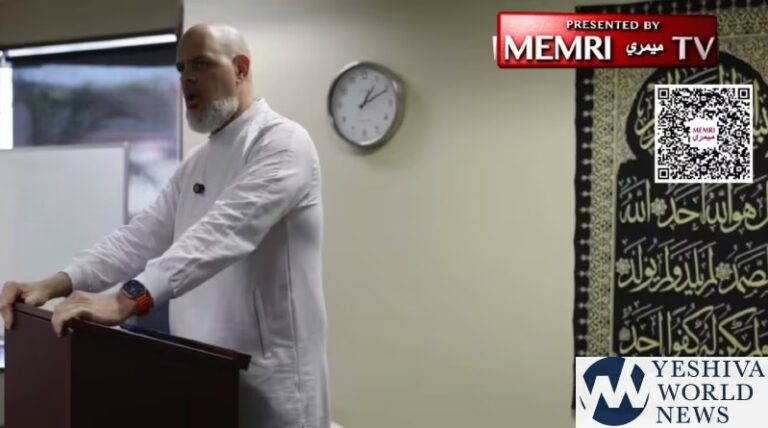 A Swiss whistle-blower Monday handed over what he said were secret Swiss banking records to WikiLeaks, the website dedicated to revealing secrets.
A Swiss whistle-blower Monday handed over what he said were secret Swiss banking records to WikiLeaks, the website dedicated to revealing secrets.
Swiss banker Rudolf Elmer handed two discs to WikiLeaks founder Julian Assange at a news conference in London.
WikiLeaks could release the secret Swiss banking records in “a matter of weeks” if it can process them quickly enough, Assange said.
Elmer said he would not reveal the names in the records and said he was unable to say how many people were involved.
He said about 2,000 clients’ records were included, but that because of the way trusts and corporations are set up, he could not determine how many individuals were involved.
Elmer describes himself as an activist/reformer/banker.
“I think, as a banker, I do have the right to stand up if something is wrong,” he said Monday, explaining why he was giving the documents to the website.
Elmer is due to go on trial Wednesday in Switzerland for violating the country’s banking secrecy regulations.
He said he wanted “to let society know what I do know and how this system works because it is damaging our society in the way that money is moved” and hidden in offshore jurisdictions.
He began looking into the issue when he was a banker in the Cayman Islands, he said.
When he first looked into the problems of offshore banking he said it looked like “a mouse tail,” but as he investigated in the Cayman Islands and Switzerland, it became a “dragon’s tail,” and finally a many-headed dragon.
Speaking at the same news conference, lawyer Jack Blum said it was not always possible to determine who, if anyone, had engaged in “criminal tax evasion.”
Elmer aims to “challenge Swiss Bank Secrecy at the European Court of Human Rights and the Swiss courts,” he says on his website. He has worked at six offshore banking centers, he says.
He has been engaged in a long-running battle with Swiss banks over secrecy, he said.
He said he had approached tax authorities and universities with his data, but that no one was interested. He was about to give up, he said, when he learned about WikiLeaks from a friend.
He said he was “grateful” to WikiLeaks for helping him “send the message which I wanted to send,” but that he was not trying to use it for “protection” as he faced prosecution.
Have you checked out YWN Radio yet? Click HERE to listen!
(Source: CNN)

